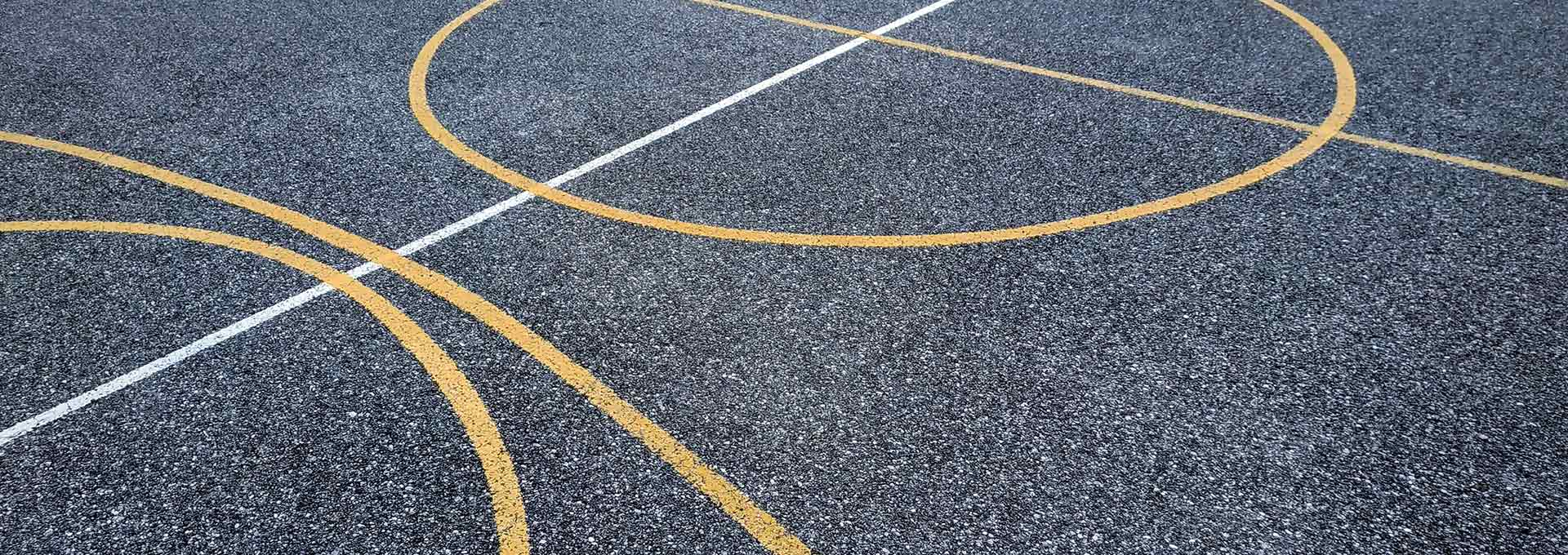
Resources
Seed Grant Awardee: Kevin Wilson
Kevin Wilson | School of Community Resources and Development
Champion Schools is a charter school district serving K-8 students with three campuses throughout the Greater Phoenix Metropolitan Area. The district developed a unique model that focuses on sport throughout the school day and after school. This comprehensive sports-centric curriculum is associated with a number of positive physical and social-emotional health benefits (e.g., out-of-school physical activity participation, sense of community); however these benefits are not experienced equally among all students - and are particularly unbalanced with regard to gender (Ross, Edmeade, & McElroy, 2018). The purpose of this project is to conduct a deeper investigation into the experience of female students at this school to better understand the sources of inequity, and engage girls in a youth participatory action project to foster empowerment through sport.
Over the past year and a half, our team has conducted a series of mixed-method investigations to learn about how the CSCA program influences student health and well-being. Our initial exploratory interviews with students, parents, teachers, and administrators informed the development of a questionnaire to measure motivation. We refined the instrument over a series of surveys and added measures of physical health (e.g., sport participation, sedentary behavior) and social-emotional health (e.g., sense of community, body image, empowerment). Based on these surveys results, we learned that the school model is associated with a number of positive health benefits such as intent to continue playing sport, engagement in physical activity, and feeling a sense of community at school. Despite these important findings, it also became evident that a significant gender imbalance existed. For example, girls reported feeling more pressure and less autonomy and enjoyment compared to boys. To learn more, we utilized a photovoice strategy where we asked girls to take pictures of the best and worst sport-related parts of the school. Instead of finding evidence of gender-related adversities, however, we found a seemingly distinct separation in how girls viewed each other as either athletes or non-athletes.
The proposed study would include initial focus group interviews with varsity girls as well as girls not actively participating in competitive sports to learn what improvements girls in both groups would want to make with regard to sport at school. We would then convene all girls and engage them in a youth participatory action research project (YPAR) with the mission of unifying and empowering the girls within the school community. As the girls engage with each other during YPAR, they’ll have the opportunity to become empowered to identify problems and participate in the process of promoting social change (McIntyre, 2008; Ozer, 2016).
Last updated February 2020.